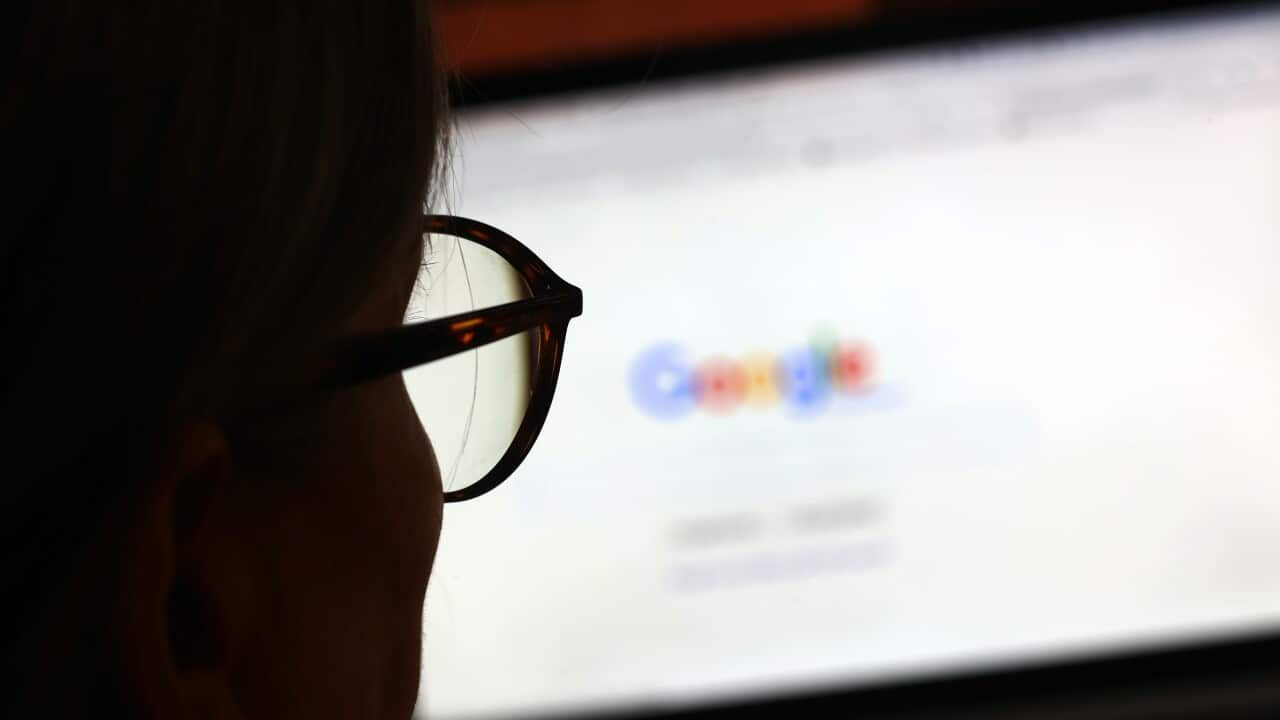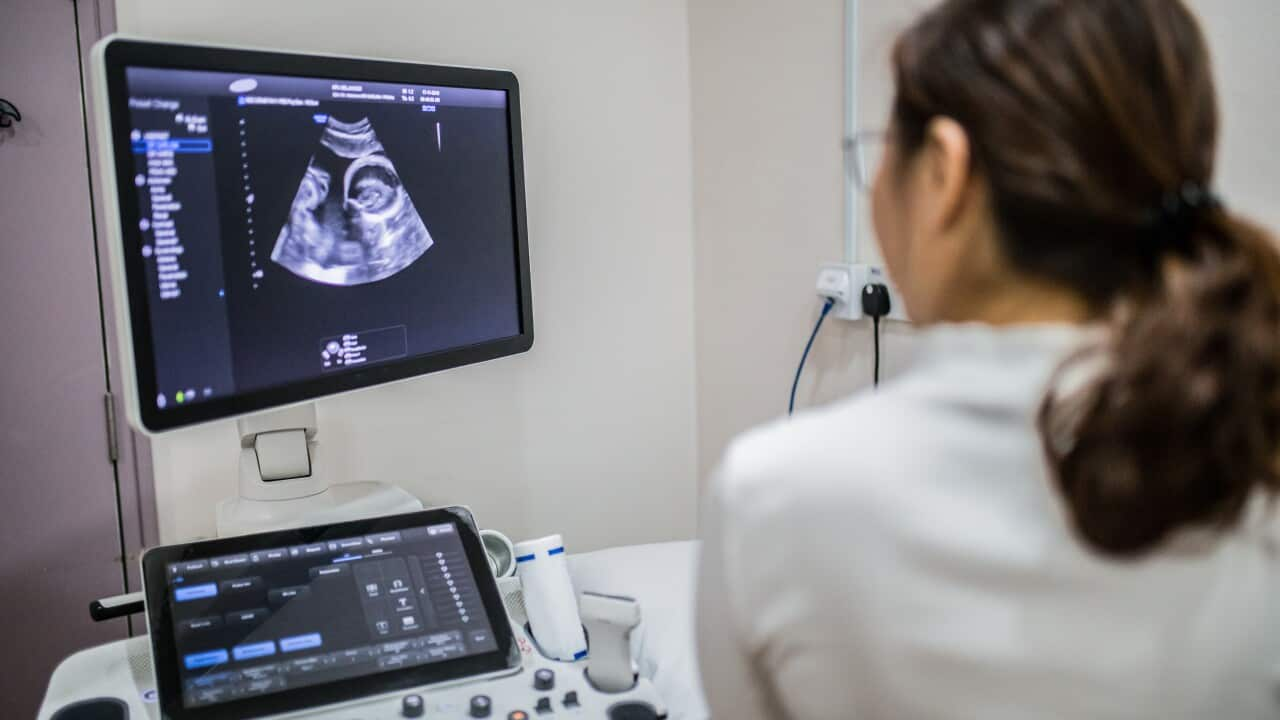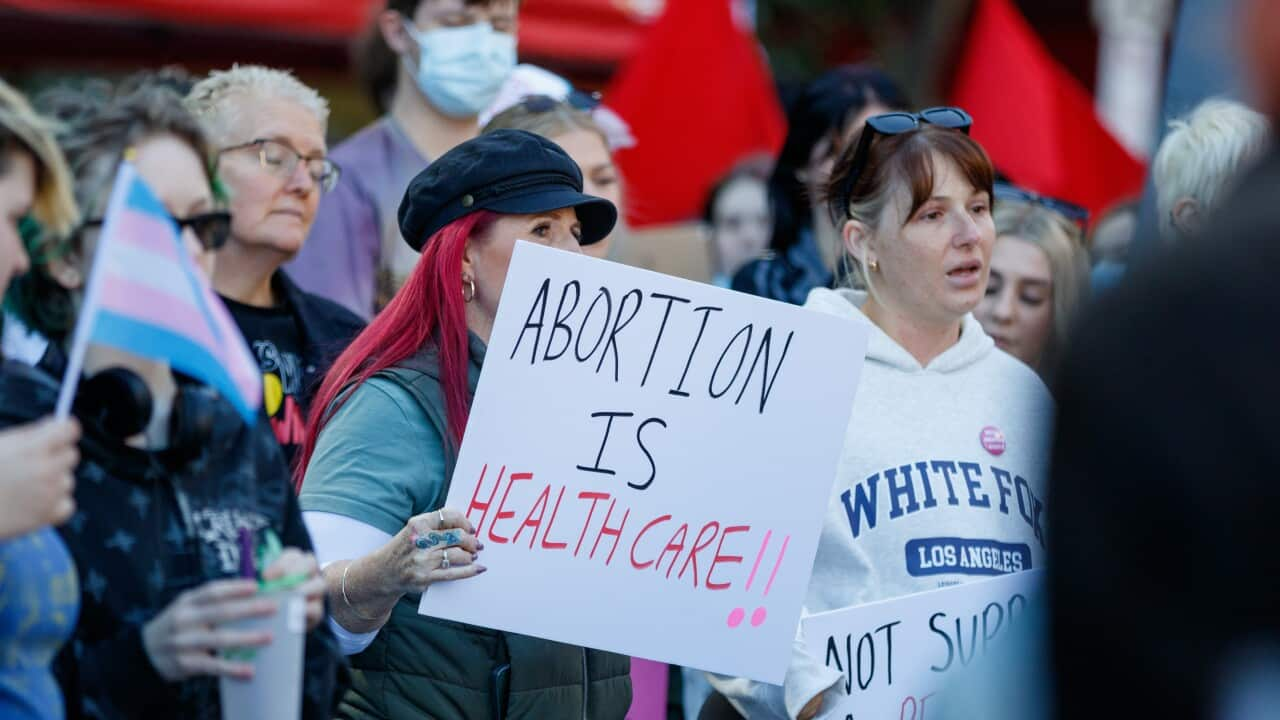Key Points
- Abortion, vasectomy and contraception provider MSI Australia had its ads banned by Google.
- Google has since reinstated them after conducting a review.
- The Greens will push for the online search giant to front an inquiry.
Google has reversed a decision that stopped Australia's largest abortion services provider from placing advertisements on its platform.
The tech giant stopped online ads being published by MSI Australia, a decision the provider estimated would impact between 700 and 1,500 people per week.
But a Google spokesperson confirmed the company had reviewed the ads and they were back online.
Why were the ads banned and then reinstated?
Under Google's healthcare and medicine advertising policies, restrictions vary depending on location, with abortion ads not allowed in some countries.
In places such as China, Egypt, Iran, Lebanon and Ukraine, Google doesn't allow ads related to birth control or fertility products at all.
In Australia, the company does not allow abortion-inducing drugs to be advertised.
A Google spokesperson told SBS News on Friday that the MSI Australia advertisements had not been compliant with its policies. But later that day, it said it had determined they were compliant and had restored them after a review.

MSI Australia's ads for abortion services had been banned on Google but the decision has since been reversed. Source: Supplied / MSI Australia
She said Google originally wanted the provider to remove the term "medication" from its website, but MSI Australia pushed back on this.
"We need health information explaining the medical and surgical abortion processes on our website," the spokeswoman said.
"The interim solution we agreed on with Google was to remove the word medication from our ad landing page (which is now our homepage) and then they reinstated the ads."
The spokeswoman said advertising restrictions to services surrounding abortion care were unacceptable because they limited access to critical healthcare.
Greens write to Google
The move followed calls from Greens Senator Larissa Waters for Google to explain the decision while pushing for representatives to give evidence at a parliamentary inquiry into universal reproductive healthcare in Australia.
Senator Waters wrote to the online search giant requesting an explanation and said there was no justification for its refusal to advertise MSI Australia's services.
"Restricting information about medical abortion can prevent people from understanding this option within the timeframe in which the procedure is legally available," she said in the letter.
"This can result in people who decide to terminate requiring more invasive and expensive surgical abortions."
While medical advertising laws stop prescription medicines, including abortion-inducing pills, being promoted in Australia, medical services such as abortion clinics are allowed to promote themselves.
Senator Waters said medical abortion was a lawful healthcare procedure but information about where and how to access it was not readily available.
"Without advertising to provide accurate, responsible information, many people in need of compassionate, expert advice about pregnancy options and termination care will not be able to find it," she said.
The cost and accessibility of contraceptives, abortions and healthcare information across the nation will be examined by the Senate committee and medical training options for doctors and allied health nurses.
It will also look at sexual and reproductive healthcare accessibility for transgender and non-binary people.
Australian abortion service access remains limited, study shows
On Friday, a new study led by the Monash University Department of General Practice was published online, which found in Australia.
According to the report, general practitioners are not being adequately supported in referring women to abortion services when needed.
Clear pathways for abortion services are particularly crucial in rural and regional areas, the study says, in order for people to be able to access timely care.
The study found "little transparency" as to whether a health service provides abortion services or how accessible they are.
The review extracted abortion service referral data from portals of HealthPathways, an online system that provides information on referral pathways and local services.
Almost half of the portals (47 per cent) had no public services listed for surgical abortion, and 35 per cent had no public services for medical abortion.
“Despite few remaining legal restrictions to abortion in Australia, many regions either do not have public abortion services or do not provide information about them,” first author and Monash University Academic GP Registrar Dr Sonia Srinivasan said.
“There is an urgent need for transparency around public abortion service availability, clear guidelines to support referral pathways, and commitment from state and federal governments to expand the availability of accessible, no-cost abortion in Australia.”
With additional reporting by Jessica Bahr.












